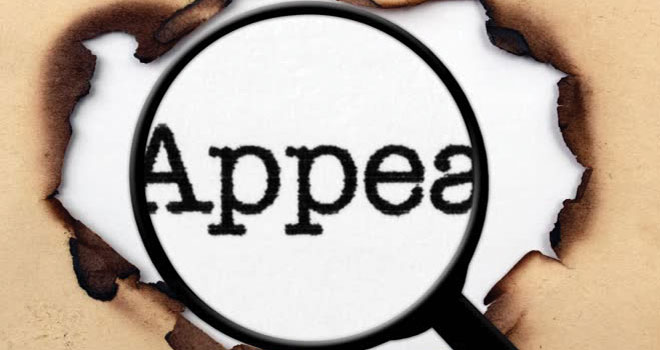In June we reported on three new cases to be heard by the FSB Appeal Board. One of these concerned a complaint that was dismissed by the Ombud but the client, an advocate, appealed to the Board against the Ombud’s finding.
Background
The claim was rejected because the vehicle, which was written off in an accident, was not roadworthy. The tyres were worn and this was “material to the cause of the loss”.
The complainant was aggrieved as it appears that the underwriting manager, MUA Insurance Acceptances, changed the insurer from Compass to Auto and General without informing him. He was adamant that, if he had been informed of the change of insurer, he would not have agreed to contract with Auto and General and would have chosen a different insurer to undertake the risk.
The respondents pointed out that, although the insurer was changed, the terms and conditions of complainant’s contract remained the same.
The Ombud ruled that no other insurer would have paid the claim, given the fact that the vehicle was not roadworthy.
Grounds for Appeal
The client contended, amongst other arguments, that his contract with MUA did not make provision for the policy to be ceded or transferred to a third party without his consent and knowledge. In fact, in terms of Clause 2 of the contract, both MUA and the broker were obliged to inform him of any changes to the contract.
He further indicated that the failure to inform him of the change of insurer prevented him from exercising his right to choose his own insurer. These failures rendered his policy contract null and void, which meant that the FAIS Ombud “…erred by considering and adjudicating further on any aspects of the void insurance contract.”
In terms of these and other breaches of the contract, the Ombud should not have dismissed the complaint.
Respondents’ case
The applicable terms and conditions under the new policy were identical to those of the original policy, and MUA, with whom the client was familiar, continued to administer the policy. They, too, repudiated the claim in terms of their mandated binder agreement, the terms and conditions of which were identical to what the client was familiar with.
Appeal Board Finding
The Board was quite scathing in its view on the industry’s disregard for a client’s rights:
“In our view, the practice in the industry which seems to derive from an interpretation of Rule 7.3 of the PPR, permitting for unilateral decision-making with regard to the terms, including changes made regarding the parties to this policy contract without as much as informing Mr. Phoshera, cannot stand. As already mentioned, it is out of sync with other applicable legislation. It is particularly untenable in a legal dispensation such as ours where a supreme constitution in its Bill of Rights and Responsibilities guarantees and protects fundamental human rights and freedoms which include the right to freedom of association, the right of access to information and the right to be treated with human dignity.”
“That indeed suggests more than just the need for knowledge of the change of insurer and or underwriter. Bhekukwenza Hlela strengthens the notion that when a new binder agreement is entered into it is critical that the insured be appropriately notified so as to grant her/him the opportunity to exercise the choice to stay, alter and or opt out of the policy contract.”
“Indeed, that right to choose in the context of the conclusion of a policy contract amounts to consent in line with Section 106 (4) of the National Credit Insurance Act of 2005 and Section 48A of the STI Act read with the General Code of the Financial Services Providers.”
As the terms and conditions of the original policy contract remained identical to those in the new policy which was based the MUA/Auto & General binder agreement, and as the same administrator considered the claim as would have been the case under the original policy, the appeal was not upheld.
Ramifications of the failure by the brokerage concerned to notify the insured of the change of insurer will be discussed next week.
Please click here to download the relevant Judgment.



